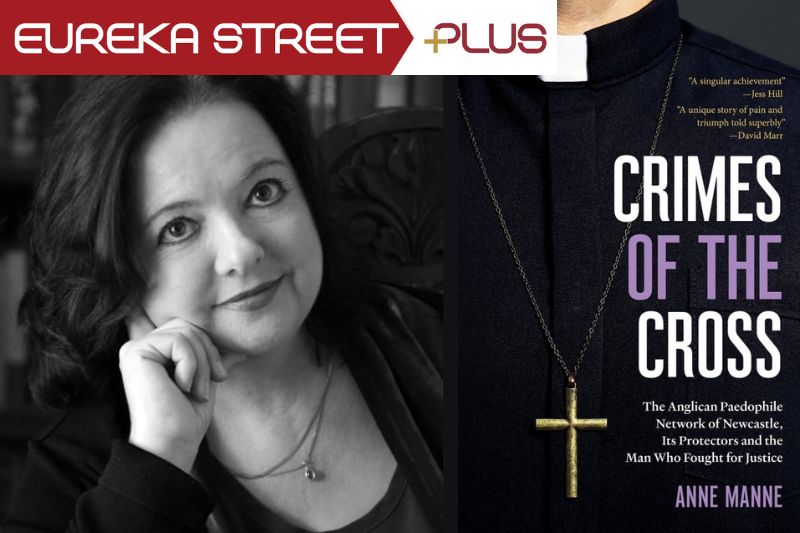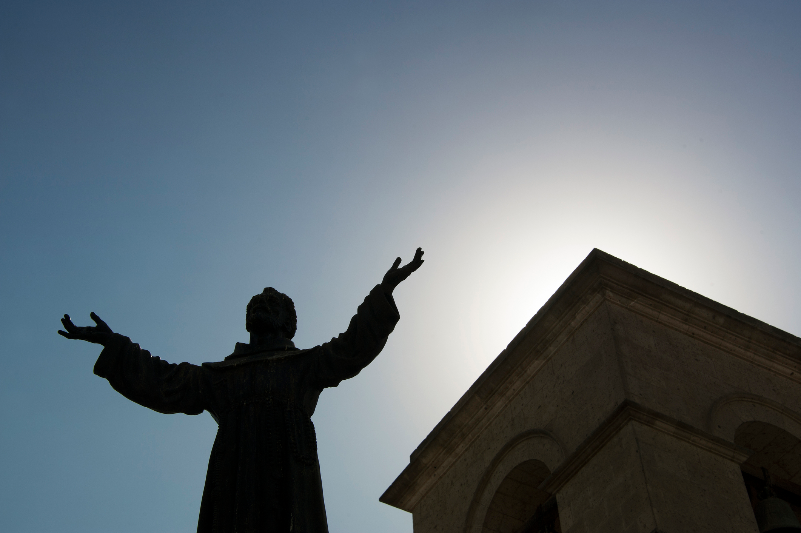Keywords: Professional Standards
There are more than 24 results, only the first 24 are displayed here.
Become a subscriber for more search results.
-

AUSTRALIA
- Smeeta Singh
- 06 September 2024
Australia is quietly confronting a national crisis: one in every four Australian children has been a victim of child sexual abuse, but you would never guess the scale of this crisis, given the lack of urgency from our national discourse.
READ MORE 
-

RELIGION
None of us — even those experiencing vulnerability, whether temporary or resulting from a permanent infirmity of some kind — should be perceived as an object of protection; instead, each one of us is a collaborator in our own care, and in the care of others.
READ MORE
-

ARTS AND CULTURE
Recent years have made clerical child sexual abuse a badge of shame within Australia’s Catholic hierarchy, and rightly so. But Anne Manne’s new book, Sins of the fathers, will give pause to those who blame these offences on the rule of hieratic celibacy.
READ MORE 
-

ARTS AND CULTURE
- Juliette Hughes
- 15 March 2024
3 Comments
Two books about a 1942 massacre of Australian nurses were released last year. One is reliable, the other is notable for factual omissions. If we leave something out, are we then guilty of censorship? Alternatively, if our truth-telling offends someone else, what is our justification for so doing?
READ MORE 
-

AUSTRALIA
- Frank Brennan
- 11 January 2024
As the government drafts legislation to stem the rising tide of misinformation circulating online, the nation debates: will these measures sufficiently regulate online content and curb potential harms or threaten freedom of expression? This moment is a critical test for the integrity of Australia's public discourse.
READ MORE
-

AUSTRALIA
- John Falzon
- 14 December 2023
4 Comments
No doubt there were some who genuinely believed that privatising employment services would result in better services at a lower cost to the public purse. But the engineers of the socially destructive projects of the neoliberal era knew very well that they were more likely to result in the enrichment of some to the detriment of many.
READ MORE
-

AUSTRALIA
- Frank Brennan
- 09 November 2023
4 Comments
As the government drafts legislation to stem the rising tide of misinformation circulating online, the nation debates: will these measures sufficiently regulate online content and curb potential harms or threaten freedom of expression? This moment is a critical test for the integrity of Australia's public discourse.
READ MORE
-

RELIGION
- Jamie Calder
- 21 June 2023
5 Comments
The Royal Commission into Institutional Responses to Child Sexual Abuse made a recommendation for professional supervision within religious and pastoral environments. But can professional supervision repair broken trust, ensure accountability, and promote a more ethical approach to care in the face of past failings?
READ MORE
-

INTERNATIONAL
- David James
- 19 April 2022
2 Comments
Elon Musk’s proposed hostile takeover of Twitter will be a fascinating battle that will have consequences far beyond the stock market. It is exposing just how financially strange social media and conventional media have become.
READ MORE 
-

AUSTRALIA
- Andrew Hamilton
- 04 November 2021
13 Comments
In large organisations love hardly rates a mention. Mission statements highlight care, duty, responsibility and friendliness, but not love. Love is generally seen as an interrupter, combustible, something to fence in with protocols and professional standards, and for HR to monitor. When Pope Benedict XVI devoted an Encyclical to the place of love in public relationships, people were surprised. His argument is worth revisiting.
READ MORE 
-

FAITH DOING JUSTICE
- Andrew Hamilton
- 29 September 2021
7 Comments
In the Catholic calendar the Feast of St Francis of Assisi falls on next Tuesday. Although he gave up on wealth, power and influence Francis probably had a bigger effect on his world than any of his contemporaries. He continues to attract people to challenge the values of our society and to spark renewal in Christian institutions at the risk of going stale.
READ MORE 
-

AUSTRALIA
- John Watkins
- 19 August 2021
8 Comments
Since its unwelcome arrival over a year ago, the COVID-19 pandemic has presented us with a range of moral and ethical quandaries — some hypothetical, some deeply pragmatic.
READ MORE 